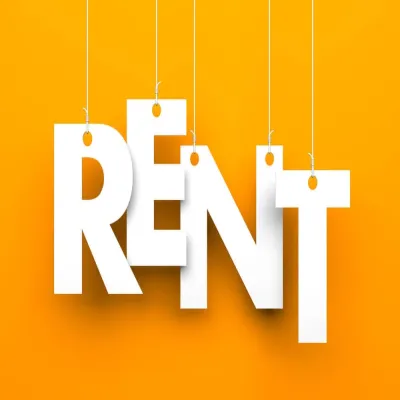While investing in rental properties can be a profitable venture, managing them can be a hefty task. Finding tenants, collecting rent, dealing with maintenance issues, as well as ensuring that all the property regulations are complied with can be quite tiresome. Most property owners tend to hire the services of a property manager to relieve themselves of such duties, however, the price one has to pay for their services has a broad range. In this blog, we will discuss the standard practice of property management costs, the scope of determinants affecting such costs, and what property managers bring to property owners.
Property Management Fees Explained
Property management fees are the rates that owners of rental buildings are expected to pay to property management firms for their services. Such fees may differ and may include the following services:
- Finding and Qualifying Tenants
- Collecting Rent
- Property Management/Repair
- Accounting Services
- Preparing and Enforcing Leases
- Dealing with Tenants and Evictions
Management Fees that a Property Owner is Likely to Experience
The fees property managers charge vary due to several geographical, property type, and service provision factors. Below are some of the common fee structures:
Monthly Management Fee
The most typical structure of the fee is a monthly management charge that is usually between 8 to 12 percent of the collected monthly rent. Take for instance, your rental property brings in monthly revenue of $2000, thus one will spend on average $160-240 each month for property management services. Sometimes, this amount can also cover extra services, which may include communication with the tenants and works maintenance management.
Leasing Fee
An additional fee, a leasing fee, is usually charged by most property managers, which is incurred when a new tenant is found and placed in a property. This charge often falls within the range of 50 to 100 percent of the first month’s rent. For example, if the rent of your house is 2000 dollars, then the leasing fee will be around one thousand dollars to two thousand dollars. Long-term tenants or season rentals may fetch lesser attaching fees with some property management companies.
Renewal Fee
Similarly to the reinstatement of the lease agreement, a renewal fee is also charged when the existing occupant decides to stay for longer, and such fee ranges between twenty-five to fifty percent of the monthly rent in most cases. This is to pay the property manager for the additional resources invested in completing the documentation in regard to extending the lease.
Expenses Related to Maintenance and Repair
Property management companies frequently take maintenance and repair requests from property owners on their behalf. A lot of managers with monthly management fees however may also include certain costs for repairs and maintenance assistance services. This fee may change depending on the type of repair done and the relationship existing with the contractors.
Costs Related to Advertising and Marketing
In case a rental unit is vacated, in most cases, the property managers are charged with the responsibility of advertising the property and marketing it to find possible occupants. Some managers may incorporate this in the monthly management fee while others may charge extra for the advertising with the costs varying on the modes of advertising ( like the use of the internet, newspapers, or magazines).
Elements Affecting the Cost of Property Management
Some reasons can affect the expenses charged by property management firms. These reasons are important when choosing a property manager.
Geographical area
The geographical region of the property management will greatly influence the management costs. In big cities, where demand for rental apartments is high, property managers may be on the higher side. In smaller towns, however, where there are few property managers, their management charge is low.
Property Management type
Management fees may also differ based on the nature of the property. Managing detached homes may carry unique costs from managing attached houses, offices, or rented-out lodges. Those properties that for example, need a lot of management, or are more specialized will also tend to have expensive management costs.
Service Levels
Service levels in different property management companies may also determine the cost. Furthermore, such organizations that incorporate management technologies for effective property management, such as mobile payments for rents or tenants’ communications, will also have high charges.
Conclusion:
Property owners interested in professional management services need to understand how much property managers charge as well as the different fee structures involved. Fees can be anywhere between 8% and 12% of the monthly rent, and this may not exclude other charges like leasing fees and maintenance costs, however hiring a property manager is usually worth the expenses.
When the property management functions and duties are outsourced, it saves time, promotes adherence to the legal requirements, and most importantly, increases the rents collected. When done right, hiring a good property manager can make owning rented-out properties profitable and rewarding.
















